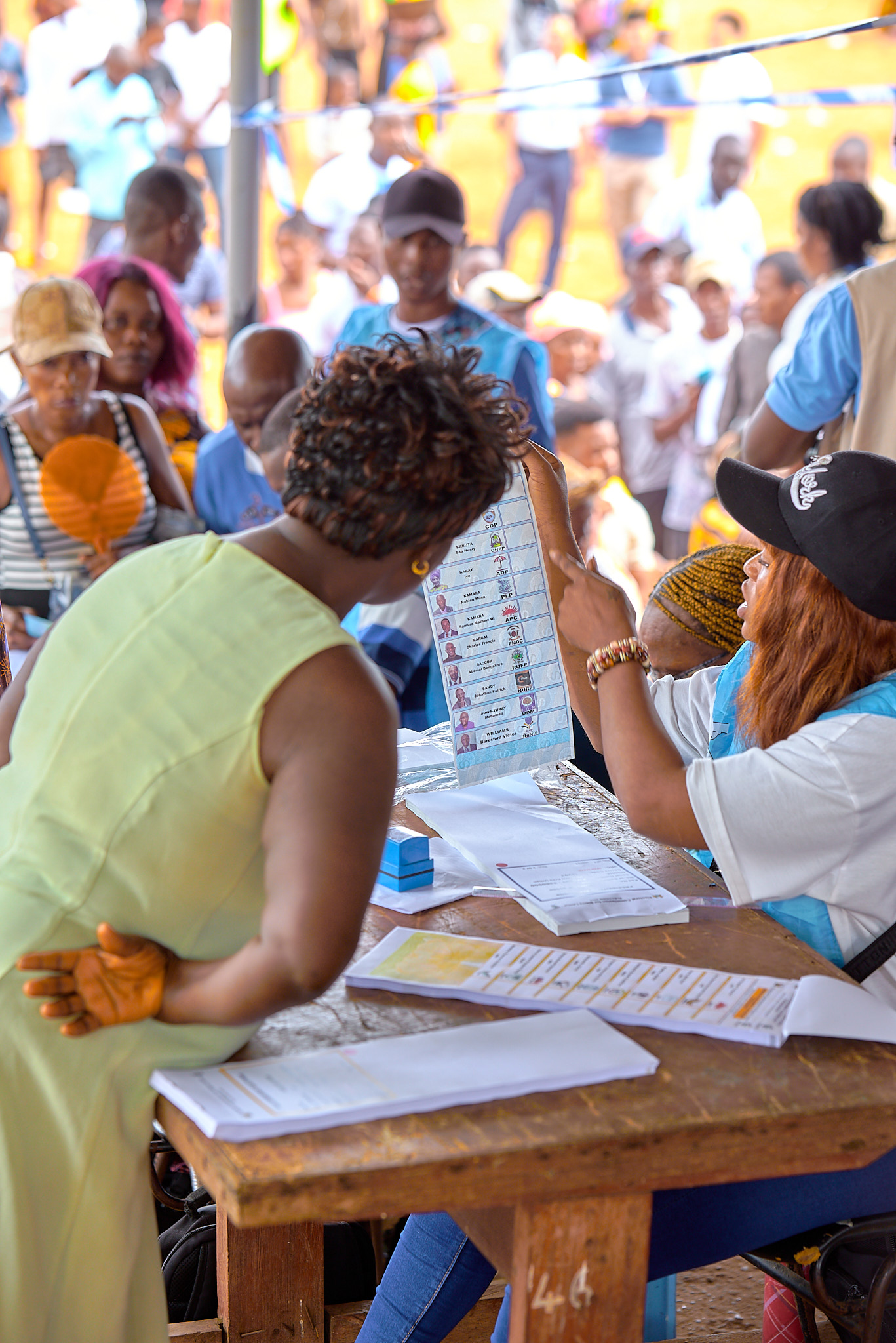Using AI for Effective Political Campaigns in Africa
The current political landscape in Africa is highly competitive, making it essential for political parties to leverage emerging technologies to gain an edge during their campaigns.
Read MoreBy Dr. Sarah Mbeki • July 03 2023

Understanding voter behavior in Africa requires a nuanced appreciation of the complex interplay between traditional values, modern aspirations, economic realities, and social dynamics. African voters make decisions based on multiple factors that often differ significantly from Western democratic models, requiring campaign strategists to adopt more sophisticated and culturally sensitive approaches.
Traditional leadership structures continue to play a significant role in many African communities. Chiefs, elders, and community leaders often influence voting patterns through their endorsements and guidance.
Ethnic and tribal affiliations remain important factors, though their influence varies significantly across different countries and regions. Modern African voters increasingly balance ethnic loyalty with practical considerations about governance and development.
Religious beliefs and faith-based organizations wield considerable influence, particularly in countries with strong Christian or Islamic traditions. Religious leaders' endorsements can significantly impact voter preferences.
Economic performance and promises of development are primary drivers of voter choice. Voters prioritize candidates and parties that demonstrate credible plans for job creation, infrastructure development, and poverty reduction.
Personal economic circumstances heavily influence voting decisions. Voters experiencing economic hardship are more likely to support candidates promising immediate relief and structural economic reforms.
Youth employment emerges as a critical issue, with young voters increasingly holding politicians accountable for addressing unemployment and creating opportunities for economic advancement.
Radio remains the most influential mass medium across much of Africa, particularly in rural areas. Politicians who effectively utilize radio programming and advertising often gain significant advantages.
Social media platforms, especially Facebook, WhatsApp, and Twitter, increasingly influence urban and educated voters. These platforms facilitate political discourse and information sharing among younger demographics.
Word-of-mouth communication through family networks, community groups, and informal gatherings continues to be a powerful force in shaping opinions and voting decisions.
Personal integrity and past performance significantly impact voter trust. Politicians with records of corruption or unfulfilled promises face greater skepticism from increasingly informed voters.
Educational background and perceived competence influence voter confidence, particularly among urban and educated constituencies who prioritize technocratic leadership.
Accessibility and community engagement matter greatly. Politicians who maintain regular contact with constituents and demonstrate understanding of local issues build stronger voter relationships.
African voters are sophisticated decision-makers who weigh multiple factors when making electoral choices. Successful political campaigns must understand and address this complexity by developing comprehensive strategies that resonate with diverse voter motivations, concerns, and aspirations across the continent's rich tapestry of cultures and communities.